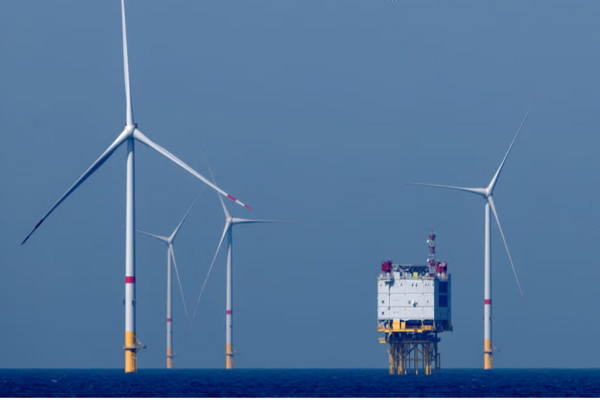A collaboration between French investment firm Meridiam, Cairo-based Hassan Allam Utilities (HAU), and the European Bank for Reconstruction and Development (EBRD) aims to develop new renewable energy projects in Egypt. This partnership focuses on supporting the country’s shift towards cleaner electricity production.
The first initiative under this agreement is the Suez Wind Project, a 1.1-gigawatt (GW) wind farm being co-developed with ACWA Power, a company listed in Saudi Arabia. When completed, this project is expected to increase Egypt’s wind energy capacity by 70%. This expansion plays a role in Egypt’s efforts to generate 42% of its electricity from renewable sources by 2030.
The Suez Wind Project has reached financial closure, with an estimated investment of over €1 billion. Construction is planned to begin in January 2025, and operations are projected to commence by 2027. The wind farm will operate for a period of 25 years.
Meridiam, one of the project’s lead investors, has a history of involvement in renewable energy, with over €1 billion invested in projects around the world. The company’s portfolio includes more than 500 megawatts (MW) of installed capacity from wind, solar, hydro, and biomass energy.
Apart from wind energy, Egypt has undertaken several other renewable energy efforts which include smaller-scale solar installations, particularly in off-grid and remote regions, as well as programs to enhance energy efficiency. Some of these programs include Kom Ombo Solar Plant (Pilot Initiative), though primarily known for the larger 200 MW Kom Ombo project, smaller solar installations have been tested in nearby rural areas to support local communities.
Another clean energy project is the Siwa Oasis Solar, several solar systems have been installed in Siwa Oasis to power water desalination plants and agricultural activities. Capacities for these installations typically range from 10 to 50 kilowatts (kW) per system. One installed by clean energy mogul, Masdar in 2015 has the capacity of 10 MW.


